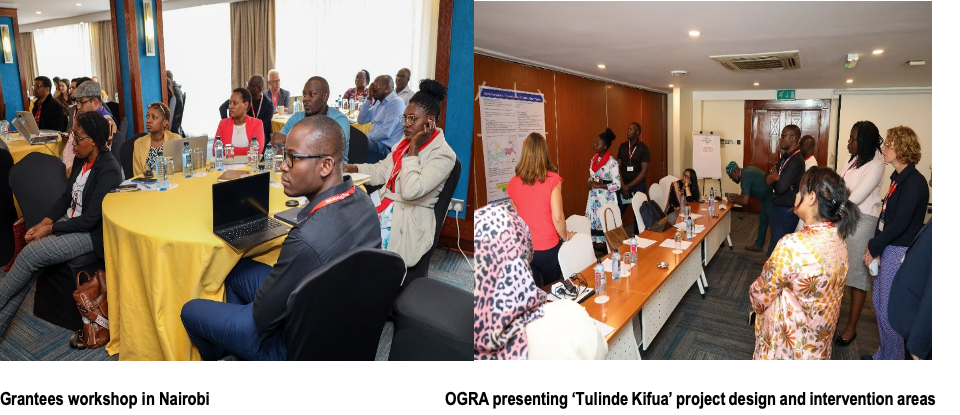
Held at Sarova Pacific in Nairobi. The objective of this meeting was to introduce the grantees to the Wave 11 integrated lung health approach, share learning points on the previous TB waves implementation and provide overview of each Grantees specific project areas of focus as presented by the organizations. The global meeting had representatives from countries all over the world; Pakistan, Uganda, Nigeria, Congo, Tanzania, Bangaladesh, including the host country Kenya.
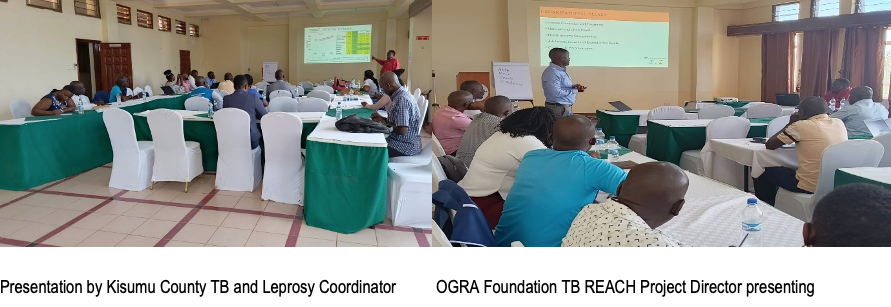
As part of the STOP TB Partnership project implementation strategies, through the MOH, OGRA Foundation organized and supported a stakeholders inception forum led by the MOH, CTLC, SCTLC, Facility in charges and community linkage to support integration of TB and other lung health services in the PHC facilities to inform the stakeholders of the intended project. The county and sub county representatives uploading OGRA Foundation for winning the contract and the efforts in bridging the gap in lung health management
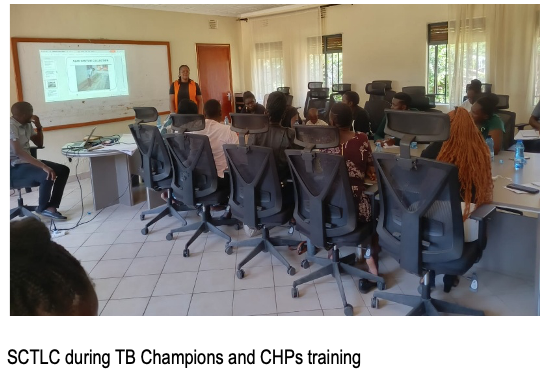
In recognition of the role of the CHPs in the community and in management of the health under the community health strategy, the organization with support from the Sub County Community Focal Persons and the TB Coordinators, profiled and coordinated the training of 200 CHPs drawn from the two sub counties. The training focusing on TB and lung health screening, profiling and referral to enhance ACF and early detection, diagnosis and management of lung conditions.
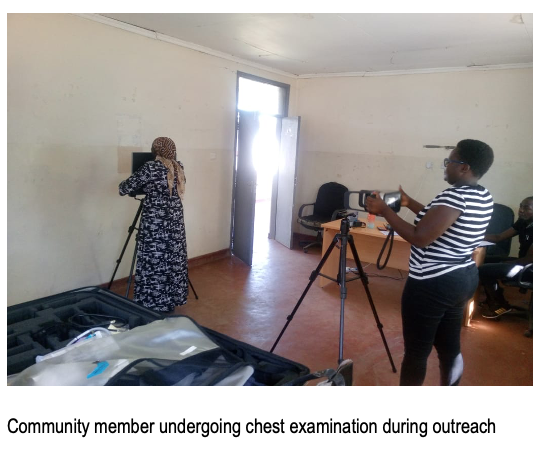
In order to ensure project outcomes, the organization has continuously organized and supported in reaches at facilities facilitating community mobilization through trained Community Health Care Workers, screening and x-ray services, clinical diagnosis and treatment of clients who are presumptive. Working closely with the Sub County TB Coordinators, the organization has continued to engage CHPs in health education, screening and referral of patients to the PHC facilities. Mobilization at the community level to create demand for x-ray services at the in-reaches.
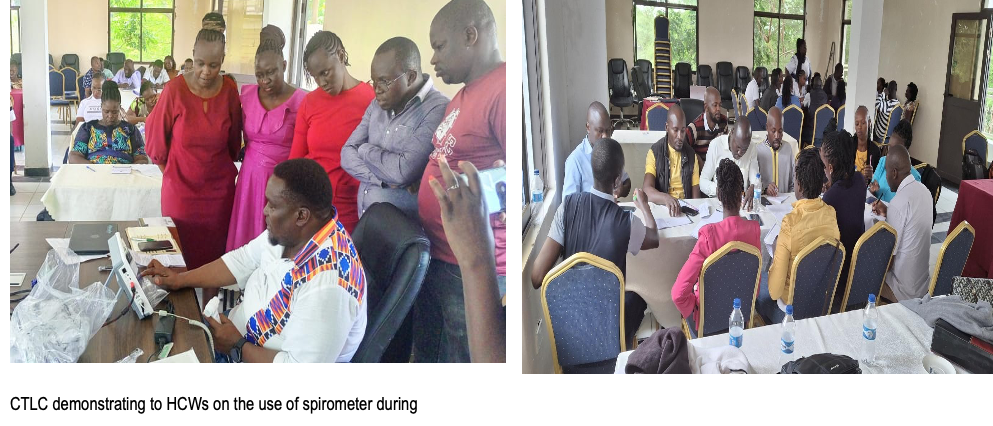
The HCWs include nurses, clinicians and laboratory technicians supporting diagnosis, treatment and management of TB and other lung conditions drawn from the 22 supported facilities. This training provided the HCWs with opportunity to learn the new approaches to diagnosis and management of lung health with focus on Asthma, Pneunomia, Chronic Obstructive Pulmonary Disease and TB.